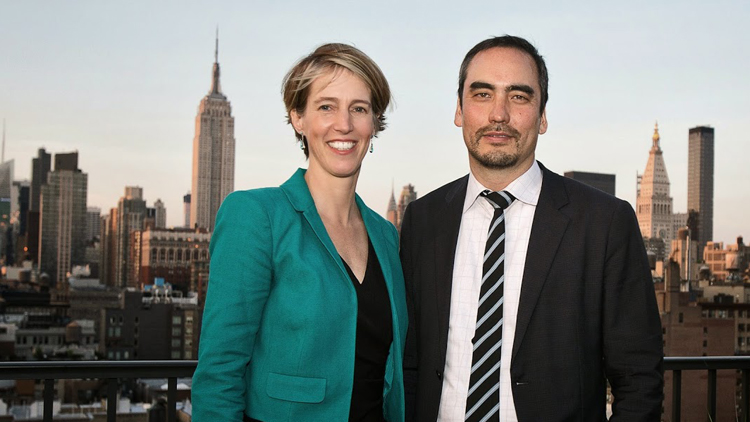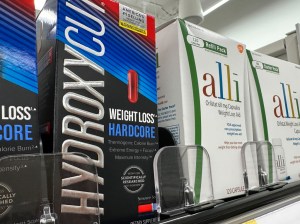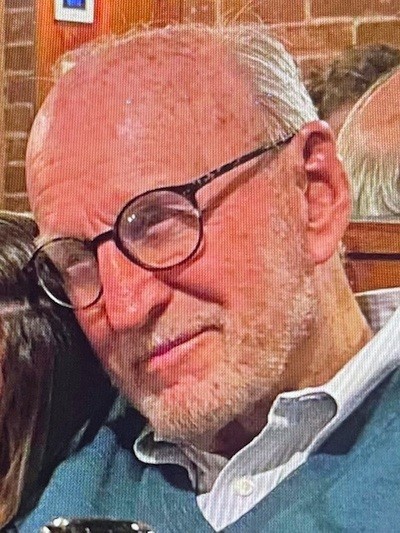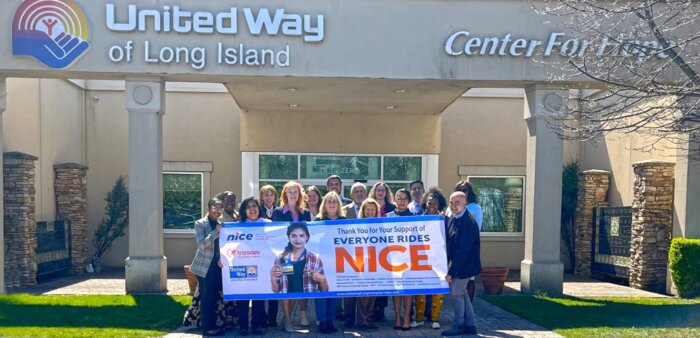Gov. Andrew Cuomo’s meddling with his corruption commission may have broken four New York statutes—and the lack of statewide response so far is “shocking,” claimed Tim Wu, the Columbia law professor who is running for lieutenant governor in the Democratic primary on a ticket with Zephyr Teachout for governor.
In a conference call with reporters Wednesday afternoon, Wu said that recent reporting in The New York Times about how Cuomo “hobbled” the Moreland Commission to Investigate Public Corruption revealed signs of criminal solicitation of official misconduct, conspiracy to perform official misconduct, obstructing governmental administration and hindering prosecution.
“The New York Times story has enough facts to make it clear that we have issues of solicitation of official misconduct,” Wu said. “But the fact that we haven’t seen any of the people who are actually in power in state government talking about this is, to my mind, shocking.”
Calling the contrast “stark,” he compared the reaction of New York to New Jersey, where the appearance of emails linking Gov. Chris Christie’s staff to the George Washington Bridge lane closure scandal immediately sparked a slew of investigations involving the state legislature, district attorneys and the U.S. attorney’s office.
“If you imagine that President Obama had been caught messing with something like this, we’d probably be hearing about it for the next 10 years,” Wu said with a laugh.
From the reporting he’s seen, Wu said that the actions of the governor’s staff calling for “subpoenas to be pulled back” by the ethics panel was “colorably a criminal solicitation of official misconduct” and when the deputized commission members agreed to act—such as deleting the campaign donors’ names out of the final report—then “it’s a conspiracy to perform official misconduct.”
When asked if Cuomo had done anything actionable, Wu said, “I didn’t accuse the governor himself because I haven’t seen any evidence that he himself did these…But you don’t know what a subpoena or a grand jury investigation might find.”
So far only U.S. Attorney Preet Bharara in Manhattan has continued his investigation into where the Moreland Commission left off after Cuomo disbanded the ethics panel in March, nine months into its 18-month tenure. Considering the commission had 25 members who, like Nassau County District Attorney Kathleen Rice, were current and former prosecutors of both parties, Wu said it was “surprising” that he hadn’t heard of “any rumblings” of further investigations, despite the “clear potential violation” of state law.
“You notice they took out the names of the actual donors and allies from some of the reports,” said Wu, who teaches state law. He likened their removal to someone calling up an official to “fix this ticket of my cousin’s” and even if the official declines to act “it’s still a crime,” Wu asserted. “The solicitation to bend the prosecution in favor of [Cuomo’s] allies and donors is itself criminal solicitation under Section 100 of New York penal law. That’s what I’m talking about.”
Both “determined anti-corruption activists with a track record in that regard,” as Wu put it, he and Teachout say they differ sharply from what they have called the business-as-usual “old boy” network in New York.
“Very clearly, Zephyr and I are not Albany insiders,” said Wu. “We represent a different type of government.” And to illustrate that point further, he said, he would break with tradition if they win the Democratic primary against Cuomo and his lieutenant governor candidate, Kathy Hochul.
“At this time in the state’s history we have such a problem with concentrated power that is unchecked that we need more independent statewide checks and balances,” Wu said. “And we envision that the lieutenant governor position should also play that role.”
Teachout, a Fordham constitutional law professor, spelled out how she and Wu differ from Cuomo’s Republican opponents, Westchester County Executive Rob Astorino and his running mate, Chemung County Sheriff Christopher Moss, who have also criticized the governor for meddling with the Moreland Commission.
“We are traditional Democrats with 21st Century ideas,” said Teachout. “The big difference with Rob Astorino is that we believe in government itself. We believe in the important role of funding schools and funding basic social services. And we believe that in order to combat the corruption that is the root of Albany politics right now we have to change the way that campaigns are funded. Rob Astorino has not proposed that he would support public funding of elections.”
In their campaign, Teachout and Wu have asserted that Cuomo’s interference with the corruption commission demonstrates the “disease” that plagues the state’s democracy when politicians defer to their biggest campaign donors. Teachout and Wu say the remedy is significant campaign finance law reform.
Teachout says that she and Wu would “work for the public, not big ticket donors,” which would go a long way toward restoring ethics in New York.
On Thursday, the Times reported that Bharara, in a letter, warned that his office may look into possible obstruction of justice or witness tampering violations related to public statements made by former commissioners defending the governor. The statements went out the same day Cuomo finally addressed the report.





















